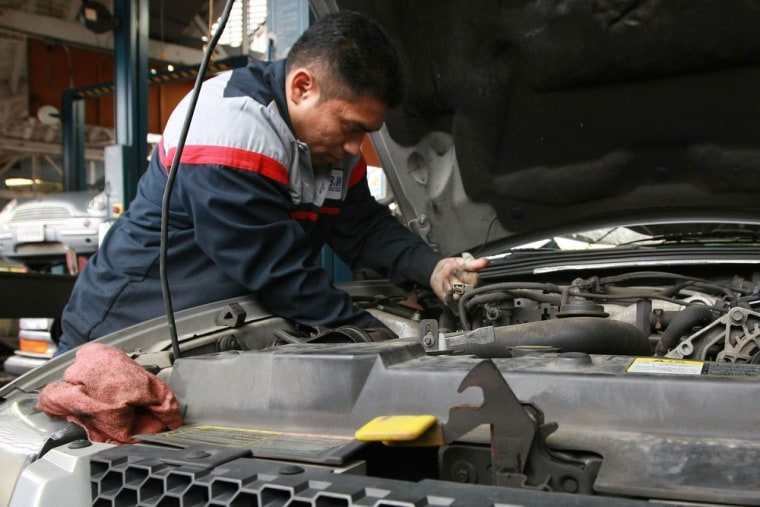How long would it take you to come up with $2,000 in cash? Could you do it at all?
Half of all U.S. households say they "certainly" or "probably" could not come up with the funds to cope with such an ordinary financial emergency, according to a new study on financial fragility.
The lack of emergency resources is not just a problem of the impoverished but also affects many “solidly middle-class” families, according to the study just published by the National Bureau of Economic Research. Of households making between $100,000 and $150,000 annually, nearly one-quarter said they "certainly" or "probably" would be unable to come up with the $2,000.
The study was done by asking a random sample of 2,100 adults, “How confident are you that you could come up with $2,000 if an unexpected need arose within the next month?” The amount was meant to suggest a major car repair, a co-pay on a medical expense or a home repair. It is far lower than the three to six months' worth of expenses that financial planners typically recommend people have in savings.
Yet 28 percent of respondents said they “certainly” would be unable to cope with the $2,000 expense, while 22 percent said they “probably” would be unable.
The survey was conducted in 2009 near the depths of the Great Recession, but the findings were broadly consistent with other data about Americans’ financial resources.
According to the Federal Reserve’s 2007 Survey of Consumer Finances, for example, about 42 percent of Americans had less than $2,000 in checking, savings and money market funds. A Pew survey in 2009 also found that 42 percent of respondents said they "often don’t have enough money to make ends meet.”
The authors, led by Annamaria Lusardi of the George Washington School of Business, suggest the government could do a better job of encouraging short-term emergency savings, perhaps by providing tax advantages to savers, similar to the tax breaks enjoyed by homeowners and stock market investors.
The study notes that in comparison with other Western countries, Americans are among the most financially fragile, along with Germans and Britons. Survey respondents in Canada, the Netherlands and Italy were considered the least fragile, with less than 30 percent saying they would be unlikely to come up with $2,000 or 1,500 euros in an emergency.
